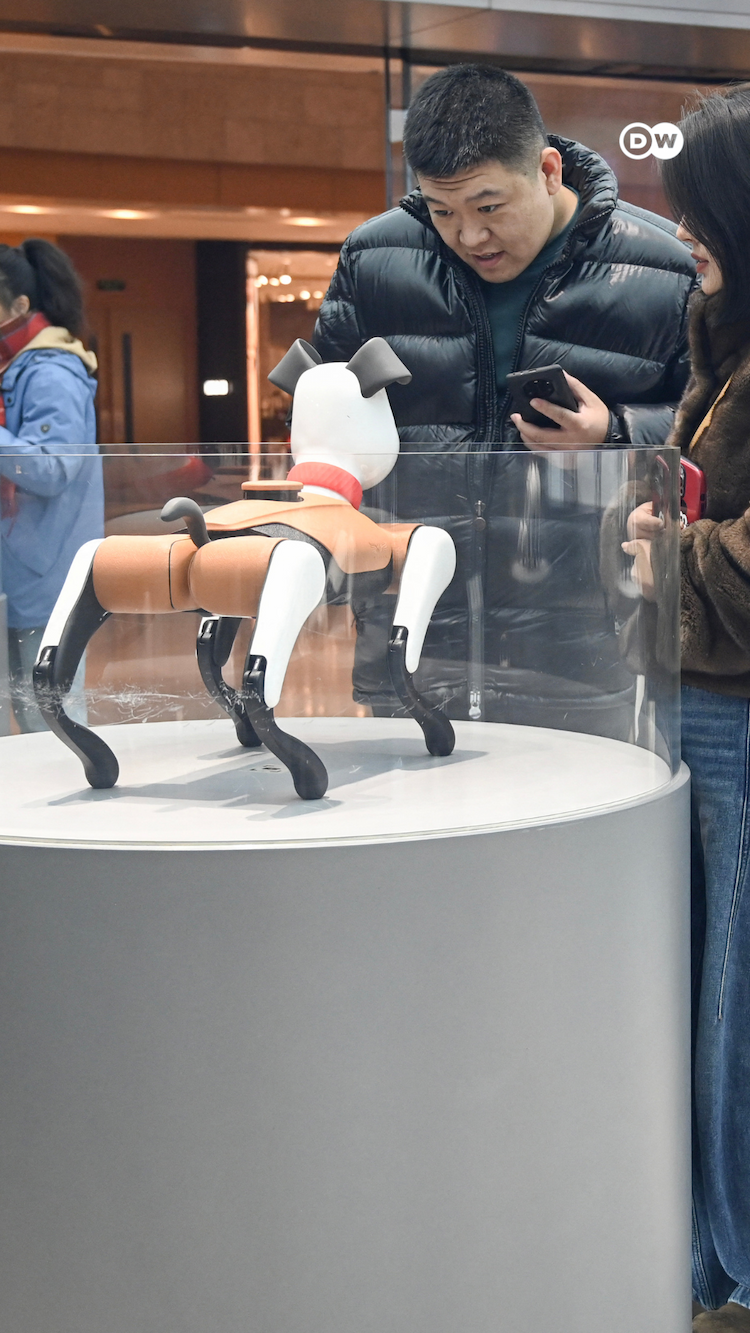AI literacy is the new survival skill!
AI-generated misinformation is already here. Apple recently shut down its AI-powered news alerts after falsely reporting that a murder suspect had shot himself. AI doesn’t just get things wrong—it fabricates information with confidence, generating fake research, incorrect citations, and misleading news.
With AI embedded in news, finance, healthcare, and law, the risks of blindly trusting it are higher than ever. Without AI literacy, people are at the mercy of decisions made by machines they don’t understand.
The EU and California Are Taking Action
Governments are recognizing the urgency. The European Union’s AI Act, which took effect on February 5, requires AI education for employees working with AI-driven systems. California is introducing AI literacy in schools, ensuring students understand how AI is trained, its impact on privacy, and its ethical concerns.
The goal isn’t just about fixing AI flaws—it’s about ensuring people know when to trust AI and when to question it. Much like how digital literacy helped early internet users separate reliable sources from misinformation, AI literacy is now becoming essential for navigating modern life.
The Danger of Blind Trust in AI
AI makes mistakes—sometimes catastrophic ones. A 2024 study found that chatbots got academic citations wrong 30% to 90% of the time. Yet, many people accept AI-generated information without questioning its accuracy. This isn’t just an academic problem. AI-generated misinformation can influence elections, provide incorrect medical advice, and create biased hiring systems. The consequences of trusting AI blindly could be severe, yet many people lack the skills to recognize these risks.
Who Should Teach AI Literacy?
Big Tech companies are eager to position themselves as the primary educators of AI literacy. Nvidia is training 100,000 people, Intel aims to train 30 million by 2030, and Google and Amazon offer AI certification programs. But should the companies that profit from AI be the ones defining its literacy? Experts argue that AI education should come from unbiased sources, such as universities and independent researchers, rather than corporations with vested interests.
Understanding AI doesn’t mean rejecting it—it means knowing its strengths and limitations. The key to AI literacy is learning how these systems generate information, recognizing when they might be flawed, and critically evaluating their outputs.
Should India Follow Suit?
As AI shapes industries like finance, healthcare, and governance, the need for AI literacy in India is becoming urgent. The EU and California have taken proactive steps to ensure people are educated about AI’s risks and limitations. Should India do the same?
AI is no longer the future—it’s the present. And those who fail to understand it risk falling behind in a world increasingly driven by artificial intelligence.









